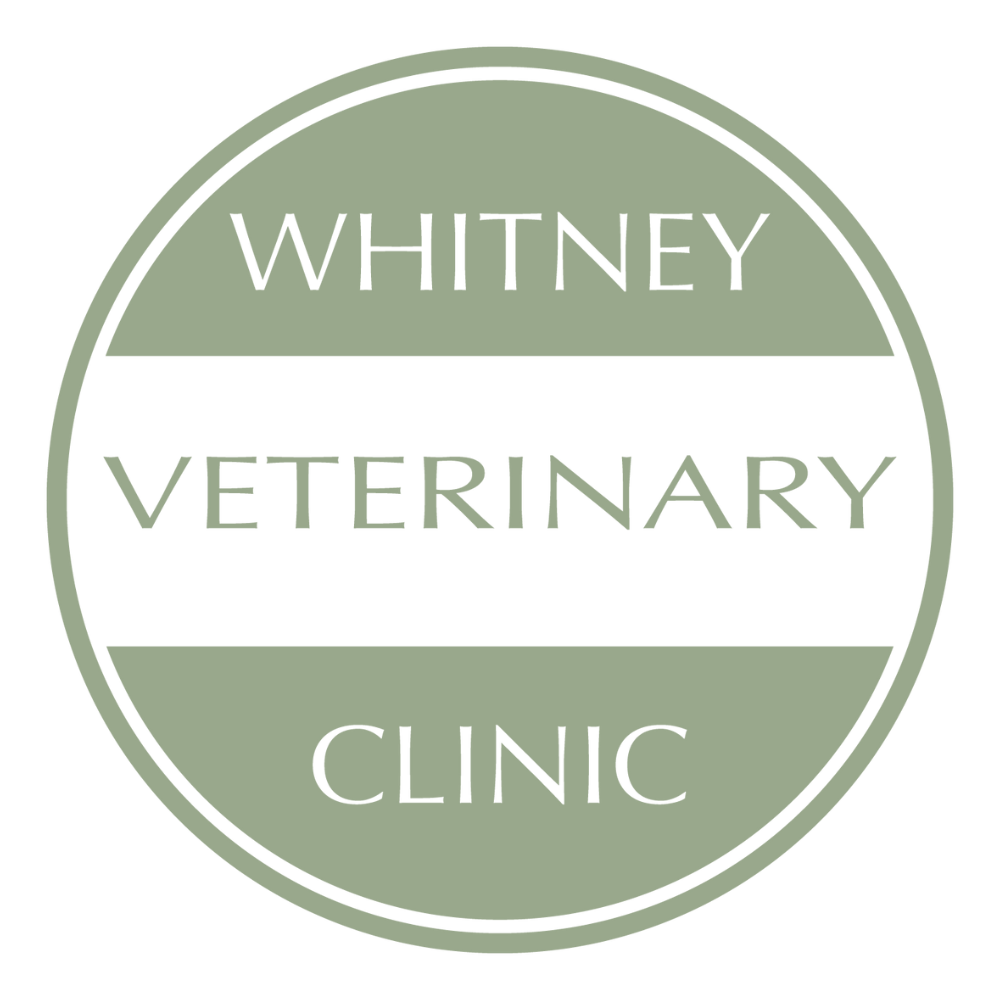Veterinary Service
Equine Services
Equine Services
Equine Vaccinations
Because horses' vaccine requirements vary depending on where they reside, whether they travel, and what they do, we advise talking with us about your horse's immunization regimen. We can create a timetable that works for you and your new horse together.
Depending on their needs, horses often don't receive immunizations until they are several months old. A few immunizations must be repeated three to four weeks after the initial dose was given at four months of age. Some shots are not administered to horses until they are five to six months old. The majority of these require an additional boost three to four weeks later.
General Wellness Exams
It takes a lifetime commitment to provide a horse with high-quality veterinary care. To maintain the health of your horse or equine herd, we are delighted to collaborate with you. The staff at Whitney Veterinary Clinic conducts wellness checks on horses to ensure they are content and healthy.
Equine Parasite Exams
Exams by a veterinarian and tests for parasites are crucial for preserving your horse's health. Allow our skilled staff to offer you a thorough parasite control treatment. We may suggest a plan for parasite testing, go through the symptoms of parasites you can look out for at home, go over how to control parasites around your home, go over what to do if your pet has parasites, go over treatment options, and suggest ways to manage and avoid parasites in the future.
Equine Ophthalmology
Our examinations are thorough, utilizing specialized tools that enable close analysis of the eyelids and surrounding tissue, the anterior segment (the front of the eye), the lens (where cataracts develop), and the fundus (which includes the retina and the optic nerve head) (or optic disc as it is known in people). Diagnostic tests are frequently carried out to evaluate the quantity and caliber of your horse's tears, check for corneal ulcers, and measure the intraocular pressure (the pressure inside the eye).
Equine Dermatology
Our staff members have received extensive training and experience in identifying, diagnosing, and treating ailments of an animal's skin, including those of the ear, hair, nail, and mouth. Since many animal skin diseases resemble human illnesses, comparative medicine training is crucial.
The majority of veterinary skin conditions, however, are rare and may affect only one of the various kinds of animals that a veterinarian treats. Treatment options for these disorders, which range from skin cancer to allergies, are incredibly diverse. Skin conditions can sometimes be an outward sign of an underlying interior illness.
Equine Dentistry
Horses need a special kind of routine preventive dental care, unlike dogs, cats, and people. Horse teeth grow between two and three millimeters every year. This means that as the teeth grow into the mouth, they must be worn down at the same rate by grinding on food that is abrasive and fibrous. Inadequate tooth alignment, known as malocclusions, can result in uneven wear patterns, poor periodontal health, and even life-threatening oral diseases.
Your horse should undergo a complete oral examination before receiving dental care, which an anesthetic, a speculum, a light source, and a mirror or camera can facilitate. The information acquired during the evaluation will serve as a guide for specific therapeutic techniques. Dental floating is a technique that smoothes down the cheek teeth's uneven, sharp tips and alters the chewing surfaces as necessary. If periodontal disease is present when your horse is put to sleep to have its teeth floated, it should be treated.
Equine Pain Management
Our pain management approach includes extracorporeal shockwave therapy, platelet-rich plasma, and STEM cell therapy.
Veterinary Services
Pet Pharmacy
Pet Grief Counseling
Pet Nutritional Counseling
Small Animal Services
Pet Pain Management
Pet Behavioral Counseling
Pet Wellness and Vaccination
Veterinary Specialist Referrals
Pet Microchipping
Soft Tissue Surgery
Pet Preventive Services
Pet Health Resources
Equine Services
